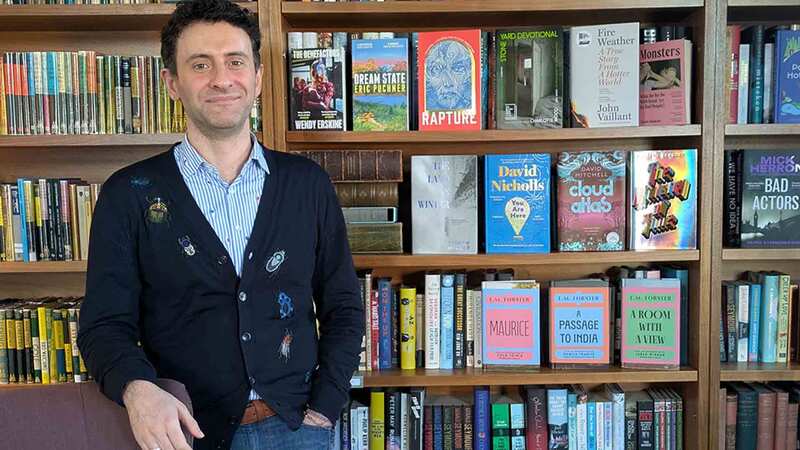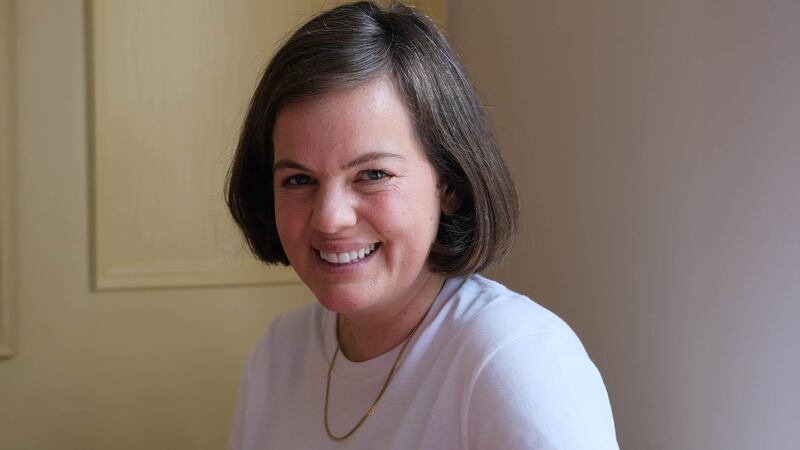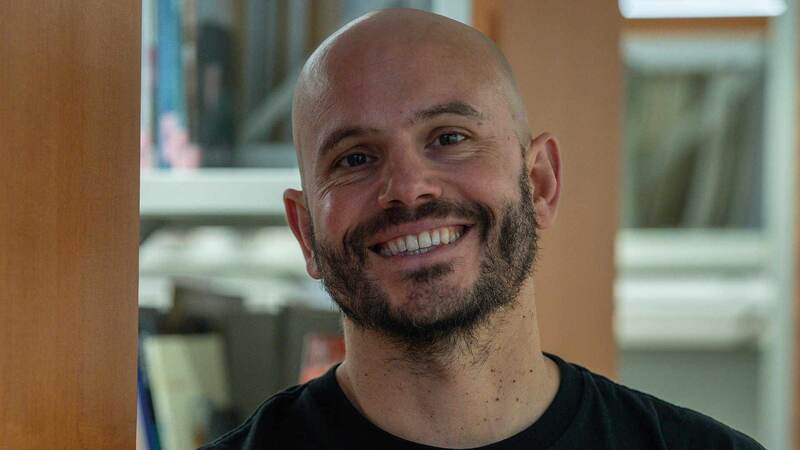You are viewing your 1 free article this month. Login to read more articles.
Hosseini: back to Afghanistan
In 2003, Khaled Hosseini released his début novel The Kite Runner. The tale of two Afghan boys' friendship, torn apart by war, was a smash hit, as was his 2007 follow-up A Thousand Splendid Suns, about love and women's lives under the Taliban.
His new novel, And the Mountains Echoed, is the story of two incredibly close siblings, Pari and Abdullah, who after a long journey to Kabul with their father are separated and forced to spend a lifetime apart. Moving from Kabul to Paris, San Francisco and the Greek island of Timos the decision to split up this brother and sister echoes across continents and decades, bringing together a disparate group of characters.
Fable
As lyrical and moving as Hosseini’s first two novels, And the Mountain Echoed starts with a haunting fable about a man who must choose one of his five children to sacrifice to a “div”—a devil-like creature that takes children away to its mountain fort never to be seen again - in order to save the rest. Unwillingly picking his youngest child, Qais, he is plagued by his decision and sets out on an epic journey to try and rescue his beloved son.
For Hosseini, this opening fable sets up the core of his third novel: “It’s really about choice," he says. "The fable raises themes that are threaded throughout the book and asks them in quite an allegorical way. One of them certainly being choice. Are you capable of making difficult choices and accepting that as a result of those choices you will feel a great resounding loss, but that it will be for the greater good? With the wellbeing of those around you at stake are you able to make those choices, and if you make them can you live with them? Is it possible to be happy once you have made them? What was interesting to me was to then follow all the outward ripples and consequences of this one act and how it affects the other characters; how all these different people spread across the world are affected by the rupture of this family in an Afghan village.”
Writing about Afghanistan
The old cliché is that authors should write what they know about and for Hosseini that means writing about Afghanistan—but does writing about a country known most internationally for its politics mean that people often expect a political statement from him? “I think there will be a segment of people that expect that from me, but I tend to shut off the world and what is or not expected of me. The strange dilemma of the ‘ethnic-fiction’ writer is that you are supposed to carry a banner for your homeland, be a voice for it and educate the rest of the world about it but I think that’s far too onerous a burden for any writer to bear.”
The Kite Runner took a direct look at life in Afghanistan under the Taliban’s regime through the eyes of two young friends and A Thousand Splendid Suns delicately explored the role and position of two women in Afghanistan, moving from the 1960s to 2003. Hosseini is reluctant to describe either novel as political, but And the Mountain Echoed is certainly his most “human” so far. “I don’t think either of my first two [books] were necessarily political, but certainly this one deals with things that are politicised to a much lesser extent.
“The characters in this novel are less affected by external factors and the political turmoil, violence and war in Afghanistan. That was not entirely by design but as I wrote it the things the characters were struggling with were very internal things, personal things that didn’t necessarily play out on a big political arena. They are all struggling with the impact of impending loss be it a loss of beauty, family, memory or identity—those were the forces that were being exerted on these characters.
“I’m far from an experimental writer, but finding new formats and new ways of telling a story is part of the reason this novel is a kind of departure for me. It is a far more global novel than the previous two and the events in Afghanistan that I’ve written about extensively in my previous books exert far less of an influence.”
Family ties
One of the central tenets that ties together all of Hosseini’s novels is family, which he says is “probably because I’m Afghan. Family is so central to Afghan life that all Afghan stories are family stories. Family is something I simply can’t resist because all the great themes of human life—duty, grief, sacrifice, love, envy— you find all those things within families.”
In A Thousand Splendid Suns the friendship between two different women, Mariam and Laila, and the different ways they both suffer under their cruel husband Rasheed, is at the forefront. In And the Mountain Echoed Hosseini once again looks at the position of women in Afghanistan, but through a female character that is very different from the Afghan women that we are used to seeing.
A 'brazen' woman
Nila Wahdati, a fearless woman who raises Pari in Paris, is “an interesting character because she is unlike any other Afghan female character that I’ve written. She’s extremely westernised, she’s very brazen, she’s an artist and she’s an unapologetic sexual character, which is a real taboo in Afghan society. She was truly a breath of fresh air for me to write, she has strong opinions, is educated and she’s somebody you would want to meet and have a few drinks with. I really loved writing her, but it wasn’t meant to serve as any sort of counterpoint to my previous writings about women.”
The novel is vast in scope and changes perspective often and when it comes to Nila the reader moves from Abdullah’s disgust for her, to Pari’s strained relationship with her and Nabi’s (Pari and Abdullah’s uncle) life-long love for her. “It was great to be able to build up a 3D picture of this woman with all these contradictions, so that there are all these conflicting ideas—this woman that seems brash and arrogant to Abdullah, beautiful and interesting to Nabi and vindictive and petty to Pari.
“It was a great opportunity for me as a writer to have different perspectives on the same characters and see how they’re all interpreted differently.”
And the Mountains Echoed by Khaled Hosseini is out now from Bloomsbury.














